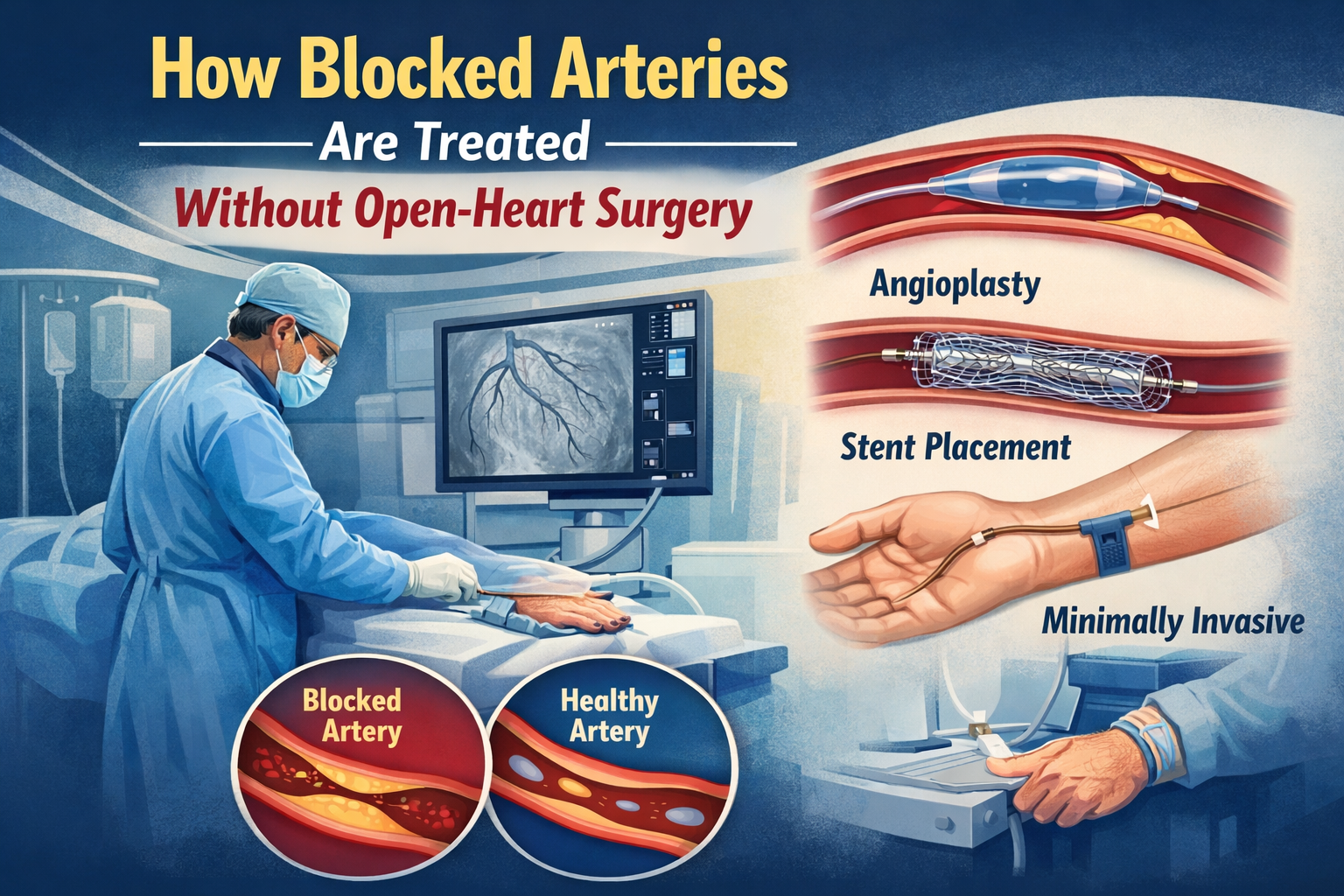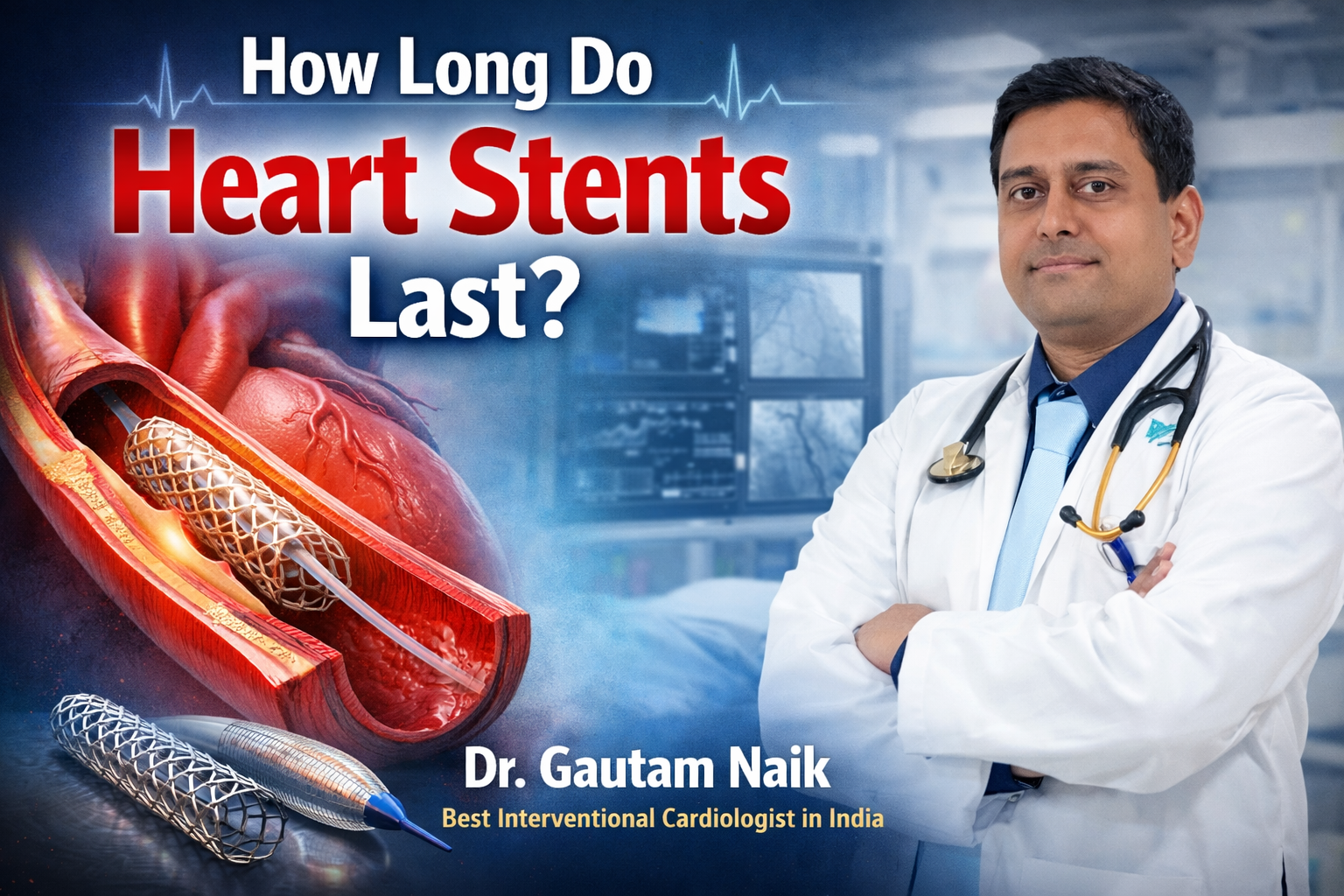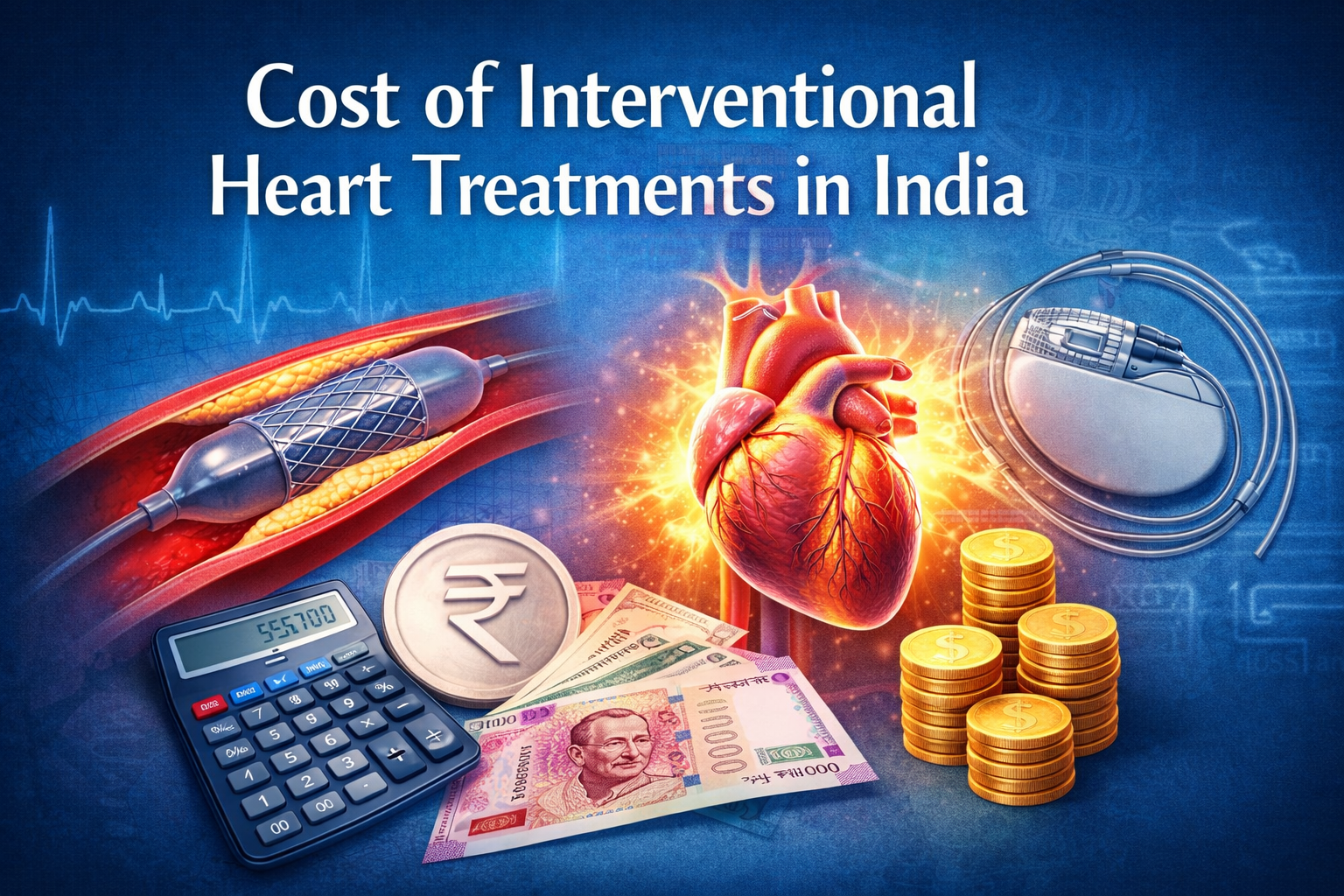
TAVI, or Transcatheter Aortic Valve Implantation, is a minimally invasive heart procedure used to replace a narrowed aortic valve that fails to open properly—a condition called aortic stenosis.
Traditionally, such valve issues required open-heart surgery, but TAVI offers a safer alternative, especially for elderly patients or those with high surgical risks.
In open-heart surgery, the chest is cut open, and the heart is stopped. However, TAVI is performed using a catheter-based approach, where a new valve is inserted via a blood vessel—usually through the femoral artery in the groin.
When it comes to advanced heart procedures like TAVI, Dr. Gautam Naik stands out as the best cardiologist in Delhi NCR. He is associated with Indraprastha Apollo Hospitals, where cutting-edge cardiac care meets expert hands.
With extensive experience in interventional cardiology, Dr. Gautam Naik is renowned for successfully performing high-risk heart interventions, including TAVI, angioplasty, and structural heart procedures.
📍 Book Your Consultation with Dr. Gautam Naik
📞 Call: +91 85277 18228
🏥 Visit: https://drgautamnaik.com/
TAVI is primarily recommended for patients who:
If untreated, aortic stenosis can lead to heart failure and even sudden death.
TAVI is performed in a cardiac catheterization lab. Here’s a simplified overview of the procedure:
🕒 Procedure Duration: 1–2 hours
🏥 Hospital Stay: 2–4 days
Before undergoing TAVI, patients are assessed through:
Patients typically resume light activities within a week and return to normal life in 2–3 weeks.
| Feature | TAVI | Open Surgery |
|---|---|---|
| Procedure Type | Minimally Invasive | Open Chest Surgery |
| Recovery Time | 1–3 weeks | 6–12 weeks |
| Hospital Stay | 2–4 days | 7–10 days |
| Ideal For | Elderly & High-Risk Patients | Low-Risk Younger Patients |
| Anesthesia Required | Often Local + Sedation | General Anesthesia |
Yes, TAVI is a safe and FDA-approved procedure with a high success rate, especially in experienced hands like Dr. Gautam Naik’s.
Modern TAVI valves last 10–15 years, depending on the patient’s age and health.
Yes, you may need antiplatelet or blood-thinning medications as advised by your cardiologist.
When it comes to minimally invasive heart valve replacement, patients across Delhi NCR trust Dr. Gautam Naik for his precision, skill, and compassionate care.
If you or a loved one has been diagnosed with aortic valve stenosis, TAVI can be a lifesaving alternative to open-heart surgery. With less risk, quicker recovery, and excellent outcomes, it is redefining heart care for elderly and high-risk patients.
For the best outcomes, consult Dr. Gautam Naik, one of the top cardiologists in Delhi NCR, and take a confident step toward a healthier heart.






